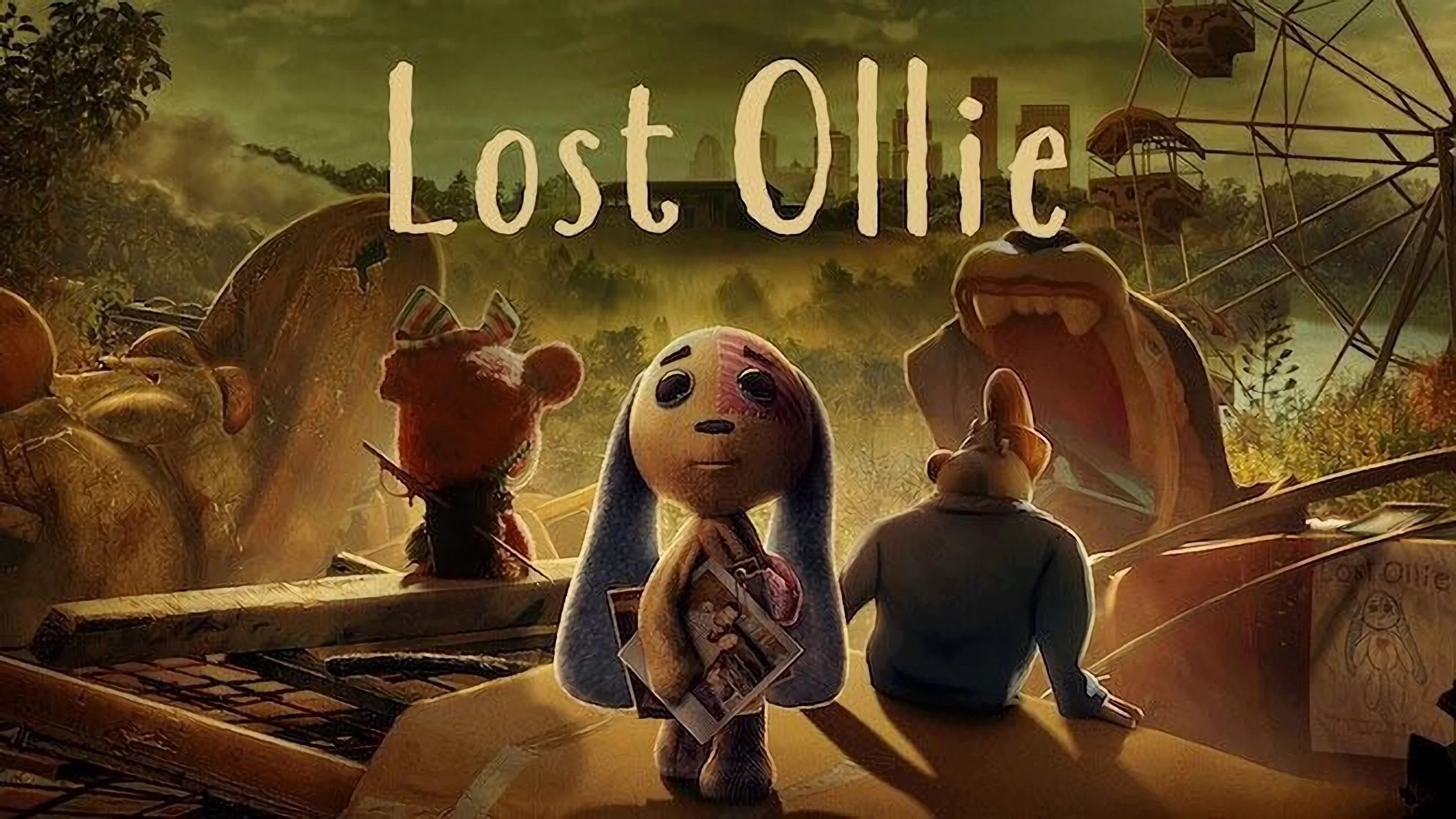Lost Ollie: Season 1 REVIEW — Cloying and Derivative
Given its short length, it was a strange decision to make Ollie’s Odyssey by William Joyce into a four-part miniseries Lost Ollie. Each episode is over 40 minutes long, so that the adaptation would be a departure from the source material. It does so to the point that it feels more like a new story with the same characters than a faithful adaptation.
This doesn’t help Lost Ollie from his many problems, and it doesn’t justify the length of the book. The story follows Ollie, a stuffed rabbit who loses his memory and is trying to find Billy. He experiences flashbacks of his time with Billy and the events that led him to be lost. The format is too complicated for a simple story like this.
Many moments feel too long or unnecessary. The second half, in particular, feels desperate for shortening. Lost Ollie has moments of erratic or even terrible pacing. Many exciting scenes are followed by boring and monotonous scenes.
Lost Ollie enjoys the melodrama of it all. This episode might be too boring for people who love sweet family dramas, mainly when it includes scenes about Billy and his family. This was evident in the last episode, which featured scenes so cute that it was hard not to laugh at their attempts to express emotion and how obvious they were. This show wants you to cry. Subtlety is not their strong suit.
Originality is not the same as creativity. Lost Ollie borrows a lot from the playthings-coming-to-life stories that came before it, like the Toy Story films, The Brave Little Toaster, and The Miraculous Journey of Edward Tulane. The story is about a toy that gets separated from its owner and must find its way back. It follows the same plot as the previous three.
The cliches include flashbacks to great times with the owners, the themes of growing up and their owners forgetting them, and certain toys becoming evil due to abandonment. Even scenes that don’t feature talking toys are distractingly reminiscent of other dramatic films for children, like Bridge to Terabithia or Because of Winn-Dixie.
There are the stock bully, the death of a loved one, and the theme of children understanding what adults don’t. Lost Ollie isn’t able to feel its own thing.
There are worse things than being derivative, and Lost Ollie has some beautiful aspects. For starters, the animation is impressive, especially when it comes to the top toys, Ollie and Zozo and Rosy. They look full of emotion and life. Their facial expressions can identify every toy character. This is especially impressive for Ollie, who can convey so much emotion even though he has only two black dots in his eyes.
The show’s visuals are spectacular, with some truly stunning cinematography and incredible set and costume design. Particularly the flashback scenes in the carnival are a highlight of the production. The show’s music is a significant highlight.
The show features great music, visuals, and excellent acting in front of and behind the camera. Jonathan Groff is the voice of Ollie, and his performance is filled with the innocence and enthusiasm that a character such as Ollie requires.
Tim Blake Nelson is a great actor, and Zozo, Ollie’s friend who assists him on his quest to find Billy, performs beautifully. Unfortunately, Mary J. Blige’s performance as Zozo’s friend Rosy isn’t up to Groff’s or Nelson’s standards, which makes the film less enjoyable.
Jake Johnson and Kesler Talbot both deliver admirable performances as Daddy and Billy, respectively, regarding live-action arrangements. Gina Rodriguez is the star of this show, and she shines in every scene as Momma. Her performances are always genuine, even though her scenes can feel suffocatingly sentimental and artificially sentimental.
Also, it should be noted that Lost Ollie’s mom is not related to Billy by blood. Although the show doesn’t reveal if she is Billy’s stepmother or adoptive mom, it’s interesting to see a family story take a different path than if it had stayed with traditional birth parents.
A lousy script or, in Lost Ollie’s case, one that is too long can be saved by nothing. Lost Ollie isn’t trustworthy enough to let viewers interpret the script. Instead, he explains its themes and exaggerates its sentimentality. Lost Ollie, where the book was more subtle and toned down in its melancholy and melancholy than it is, is too explicit about it.
This is a shame, as Lost Ollie has many talented people behind and in front of the camera. Although there is enough visual beauty to keep children interested, it’s challenging to see Lost Ollie becoming the classic children’s book it longs to be. It will be interesting to see how it turns out, but in the end, it is more likely that Lost Ollie will end up like most toys — forgotten by those who used them as children.



























